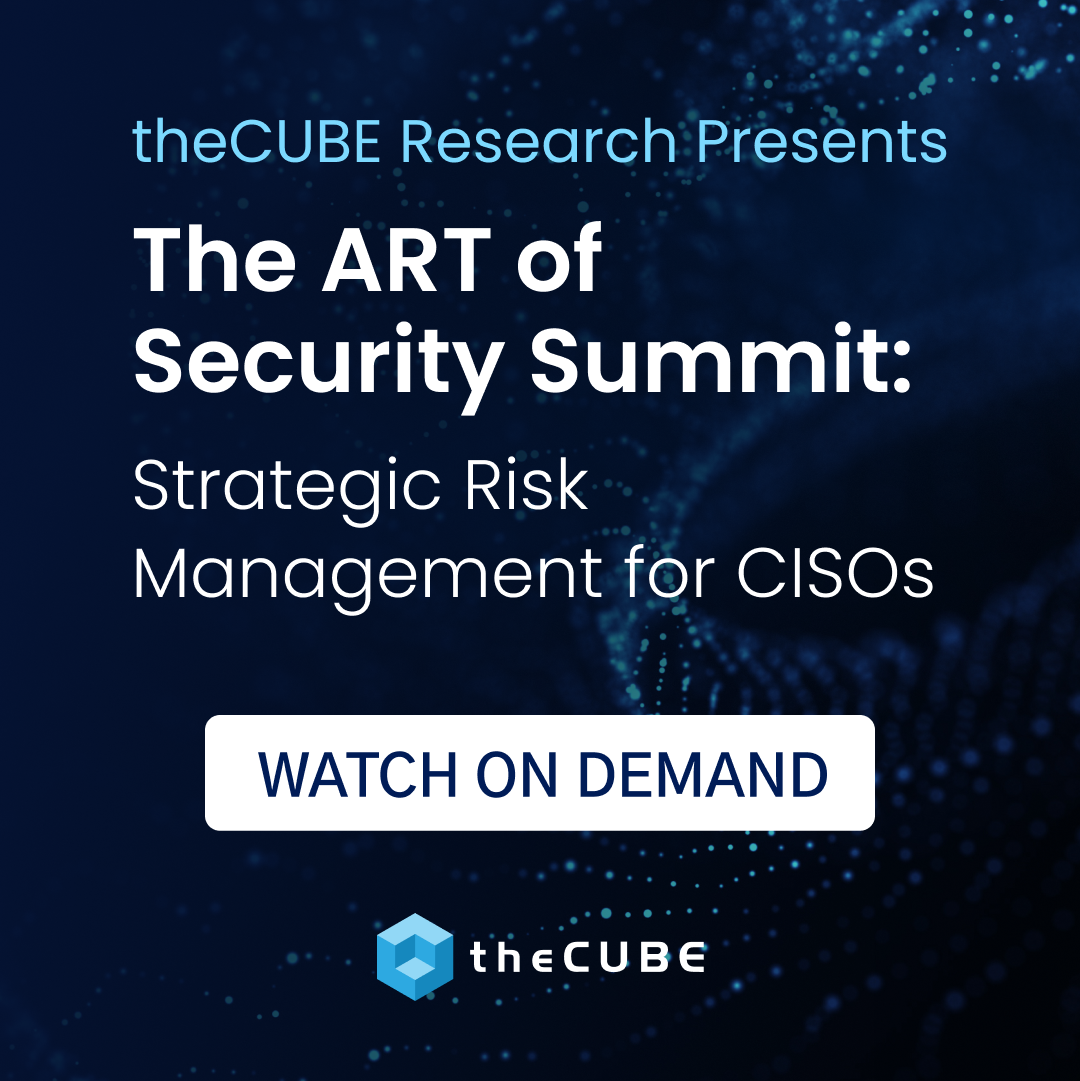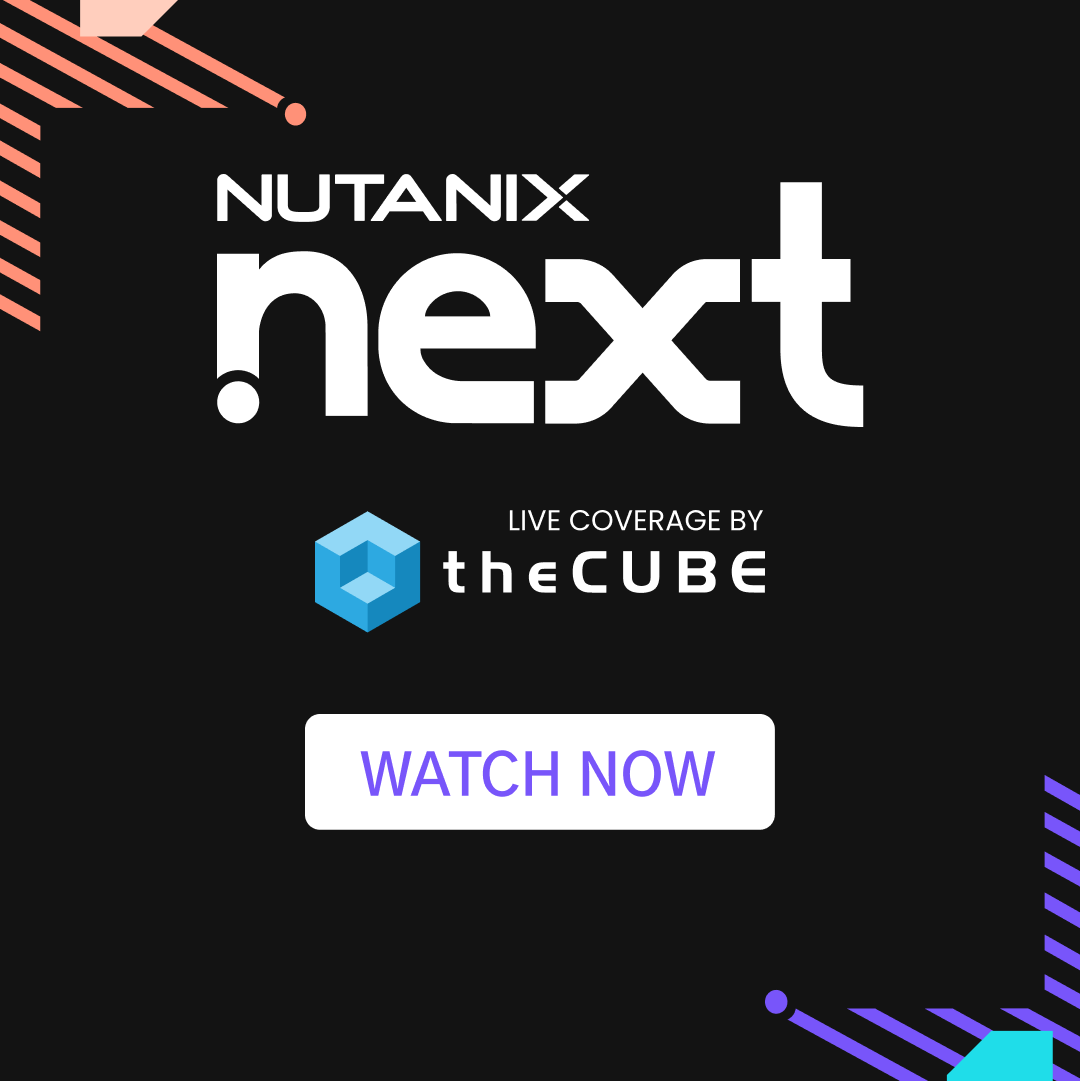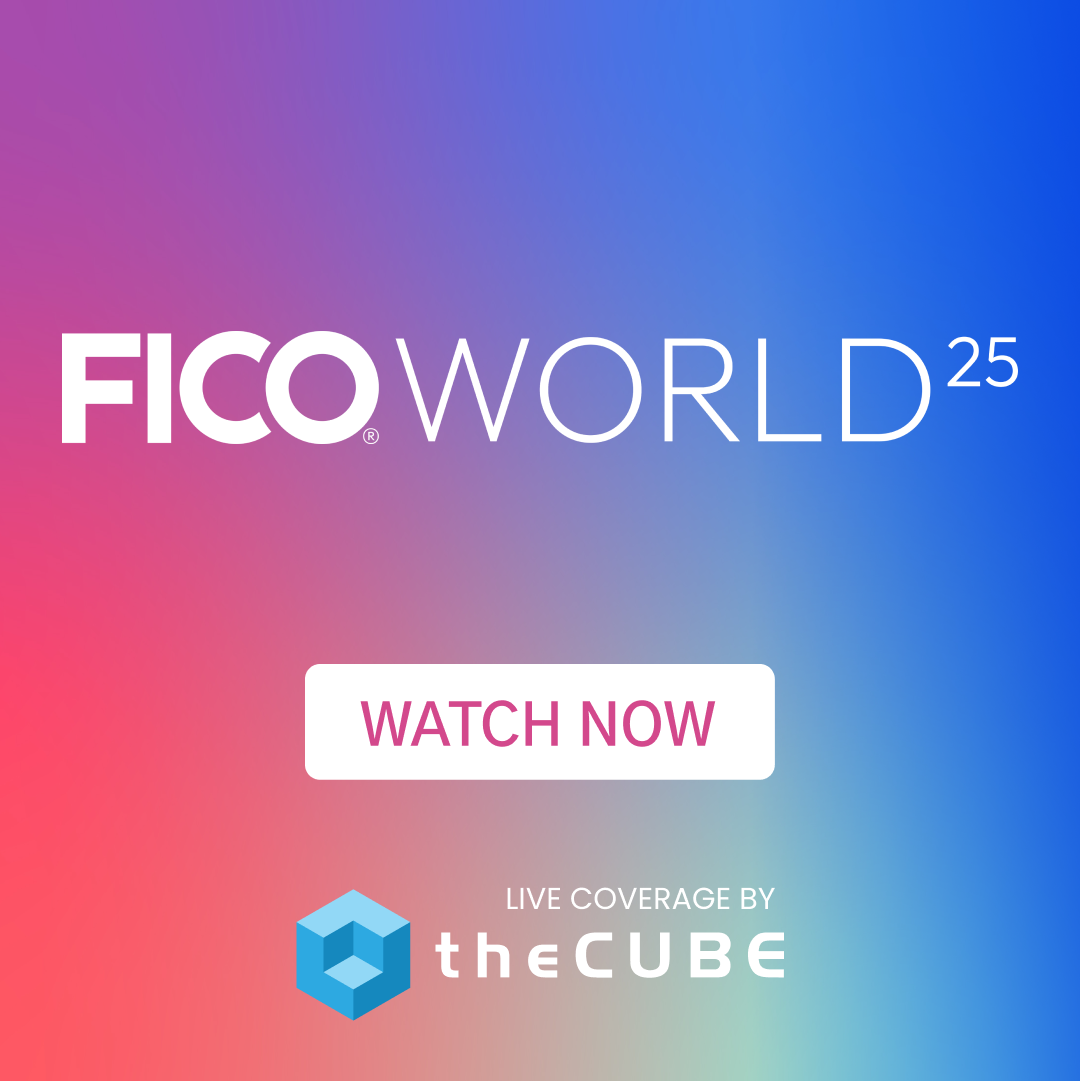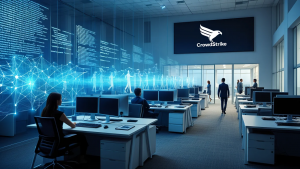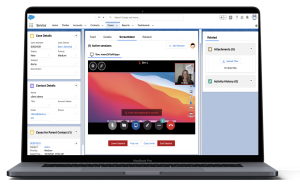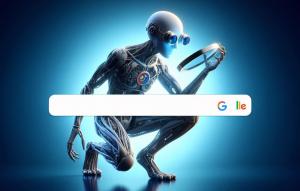Glenn Manishin “Twinterview” on Social Media Law
![]() I was honored this week to become the 50th lawyer interviewed via Twitter by Lance Godard of 22 Tweets. The edited transcript is below – for the unedited transcript, see my personal blog.
I was honored this week to become the 50th lawyer interviewed via Twitter by Lance Godard of 22 Tweets. The edited transcript is below – for the unedited transcript, see my personal blog.
Today we’re tweeting with @glennm, biglaw antitrust / telecom / technology litigator turned Web 2.0 legal guru.
Glen, thank you for joining us today on Twitter. Tell us: who is Glenn Manishin?
Good morning. Thanks for inviting me.
I’m a technology attorney, focused on company policy, intellectual property and complex litigation. I help to shape the rules for new technologies, like social media.
Tell us about your law practice.
My practice has broadened over the years as technology has developed, from telecom to software and Internet to mobility and content.
It all started at Department of Justice during the US v. AT&T divestiture case, where I first combined antitrust with telecom regulation.
That’s quite a resume! What type of clients do you represent?
Generally, clients who can pay their bills. ![]()
Seriously, my clients range from start-ups to Fortune 100 companies. It’s hard to generalize when there’s such a variety.
I can imagine…. What would you say is the single most important legal issue affecting your clients?
“What am I?”
By that, I mean: ‘how will legislators, courts and regulators classify and treat our products and services?’
That affects business questions like CRM, IP protection and licensing as well as relations with both partners and competitors.
Sounds like fascinating work. What do you tell every new client before you start working for them?
“It’s better to be the windshield than the bug.”
Be proactive in managing the development of law and policy affecting you’re space.
Am sure you’ve got some great success stories: tell us about one of the more significant client representations you’ve had.
My favorite is representing Netscape in 1995 and 1996, when the FCC faced the question of “What was this new animal of the ‘Net?”
Netscape WAS the Internet and we inaugurated a federal policy of minimal regulation that survives (in large part) today.
Wow. And we all thank you for that…. Why do your clients hire you?
I’m smart, fast and strategic. I would rather solve a problem with a conf. call than write a research memo. And I try to craft legal strategies for clients that further their long-term business plan rather than just dispose of “one off” disputes.
What’s the most active area of your practice at the current time? Is that typical?
Over the past two to three, years it’s been litigation. But the law moves in cycles, sometimes regulatory agencies are where the action is. At other times, firms must act to resolve issues by taking them to the courts.
We’re in the latter phase in tech now.
What have been the biggest changes in your practice over the past few years? Clients? Technology? The Law?
A move away from private antitrust litigation to intellectual property, as competition issues have become dominated by disputes over ownership of the underlying tech methods and assets.
Take VoIP (voice over Internet protocol) for one example.
What will be the next great legal battle of Web 2.0? Why should we pay attention to it?
Who owns user-generated content is the big unsettled question. It will impact users, social network providers and content creators. If most or all digital content can be “shared,” how do older rules re proprietary rights apply in the new environment.
You’re at an AmLaw 100 firm. How does your firm’s leadership view your active Web 2.0 presence?
Management is supportive and has tasked me several times with teaching our lawyers how to utilize and interact with social media.
That’s great. What do you say to lawyers who thumb their noses at social media and social networking?
I tend to hope they don’t thumb their noses. Lawyers, though, are conservative creatures and thus tend not to embrace change quickly.
I’d say that if attorneys do not “get it,” they probably won’t get as many clients and work as new modes of communication develop.
Your Web 2.0 presence is a mash-up of personal & professional. What are your social media objectives? Are you achieving them?
I’m more concerned with satisfying a passion for early adoption than forming concrete objectives from social media. My philosophy has always been to find industries, partners and clients that excite me, so work is satisfying instead of a burden. The rest typically follows, namely success, profit and (we hope) happiness.
Nice. What specific impact on referrals and/or client engagements have you realized from Web 2.0 activities?
I’ve been approached and retained by about a half a dozen clients in the past 12-18 months from social media contacts. The familiarity created by a user’s “social stream” tends to build closer relationships from the start than cold calls either way.
Indeed. That can be a significant competitive advantage. How much time do you spend each day developing and enhancing your brand?
Discipline is key, else social media addiction can consume one’s life. I dedicate 30 minutes, in the morning and then periodically review and post stories regarding current events (emphasizing law/policy, of course) of interest. Content is the best promotion.
Seems to be working well…. Let’s switch gears. What is the most significant issue currently facing the legal profession?
It’s clear that Big Law is facing its most challenging bus. environment in decades. Pressures to reduce and make fees predictable are sending shock waves of RIFs throughout the field. What will the business model be for legal service. in the 21st century?
What will the legal landscape look like in 10 years?
Ah, if I could predict that, I’d be able to retire now. ![]()
20 years ago I never imagined 3000+ lawyer firms, so I don’t pretend to have a crystal ball on the legal landscape. Change can be both exhilarating and frightening, however.
What would you do if you weren’t a lawyer?
Either a photographer or ski bum. Maybe there’s still time left? I could take a bluetooth headset to the slopes and do business in the powder.
How do you want to be remembered?
Unless a person becomes historically famous, legacy is all about the memories one leaves with family, colleagues and friends.
…So while I am not especially religious, I believe in “from dust to dust.”
–
What do you do when you’re not working?
Law is a jealous mistress as the old saying goes. Time is a precious commodity in short supply. So on off hours I recharge my batteries, enjoy time with my wife and my friends and try to beat my freshman-year son in fantasy football (he’s going down!).
What advice can you pass along to the increasing number of lawyers currently under- or unemployed due to the economic crisis?
Quoting James Carville, it’s the economy, stupid. Do not equate self-worth with job prospects. Keep faith in yourself and your innate value.
And our final question for you: What advice do you have for people going to law school today?
Enjoy being an attorney, but remember most of lawyering is in small details. Master your craft first before trying to be creative.
Lance: Relevant advice Indeed. Thanks so much for tweeting with me today; I really enjoyed learning more about you & your practice.
Glenn: And thanks much 4 the Twitterview, Lance. I’m honored to be your guest. Very early here (California), so hope I was coherent.
A message from John Furrier, co-founder of SiliconANGLE:
Your vote of support is important to us and it helps us keep the content FREE.
One click below supports our mission to provide free, deep, and relevant content.
Join our community on YouTube
Join the community that includes more than 15,000 #CubeAlumni experts, including Amazon.com CEO Andy Jassy, Dell Technologies founder and CEO Michael Dell, Intel CEO Pat Gelsinger, and many more luminaries and experts.
THANK YOU

